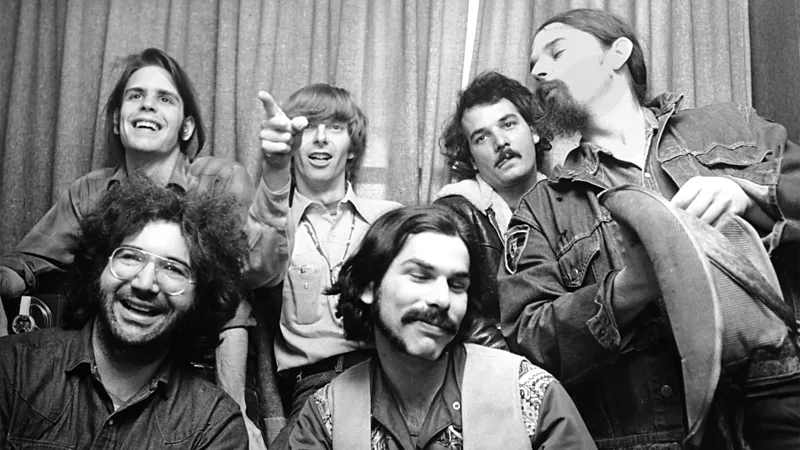Gisele Pelicot's Aboriginal scarf a symbol of her global impact
When Gisele Pelicot walked into a French courthouse to hear the dozens of men who raped her answer for their crimes, she wore a scarf that served as a "hug" from the other side of the planet.

The 72-year-old has become a global feminist icon, after waiving her right to anonymity as a sexual assault victim, to demand "shame change sides", from the victim to the rapist.
The scarf was a gift from Australia's Older Women's Network, whose members were inspired by Ms Pelicot's bravery and wanted to give her something as a symbol of their support and gratitude.
"A scarf is like a hug... It's draped around your neck and it hangs close to your heart," the advocacy group's president, 74-year-old Beverly Baker, told the BBC.
"We sent it to her in solidarity, to say, 'Look, you're not alone. Women across the world are backing you'."
Ms Pelicot wore the scarf frequently throughout the dark trial - including when she gave evidence.
Her ex-husband Dominique Pelicot, also 72, was on Thursday jailed for 20 years - the maximum term - after admitting he drugged and raped his wife for over a decade, and invited other men to abuse her too.
He was on trial with 50 others, all of whom were found guilty of at least one charge, and received varying jail sentences.
The convictions brought an end to France's largest ever rape trial, which over the course of three months has shocked the country and the world.
"It's absolutely heartbreaking," Ms Baker said.
"We were gobsmacked that not only did it occur, but this amazing woman was brave enough... to put herself out there to stop it happening to other women."
The Older Women's Network also wanted to connect Ms Pelicot with the 60,000 years of resilience and courage of Australia's Indigenous women - choosing a scarf featuring the work of Mulyatingki Marney, an 83-year-old Aboriginal artist.
Her artwork depicts a cluster of saltwater pools in Western Australia's remote Pilbara region, known amongst the Martu people for their healing properties, and tells a cultural story about a family of dingoes
"The moon is taking care of the dingo pups, it's looking after them," Ms Marney is quoted as saying, when describing the piece.
Ms Marney was unavailable to speak to the BBC, but Rhianna Stewart from Martumili Artists - her agent - said she saw the scarf as an expression of Ms Marney's challenges living in the desert and confronting the violence of colonisation.
There are parallels between the scarf's creator and its wearer she says: "This lady [Ms Pelicot] as a person is truth telling too, about difficult realities."
The scarf has become a source of pride for fellow members of the Martumili Artists group, Martu woman Sylvia Wilson told the Australian Broadcasting Corporation.
"It's the place Wilarra, which is a healing place out on community," she said.
"There's a really strong message... what's behind the scarf too."
Ms Pelicot last month said she was "very honoured" to wear the gift.
And speaking outside of the court following the verdicts, she said, though the trial had been a "very difficult ordeal", she "never regretted" her decision to make it public.
"I opened the doors of this trial so society could see what was happening," Ms Pelicot said, adding that the support she'd received had given her hope of a "better future" where men and women can live in "mutual respect".
-BBC






